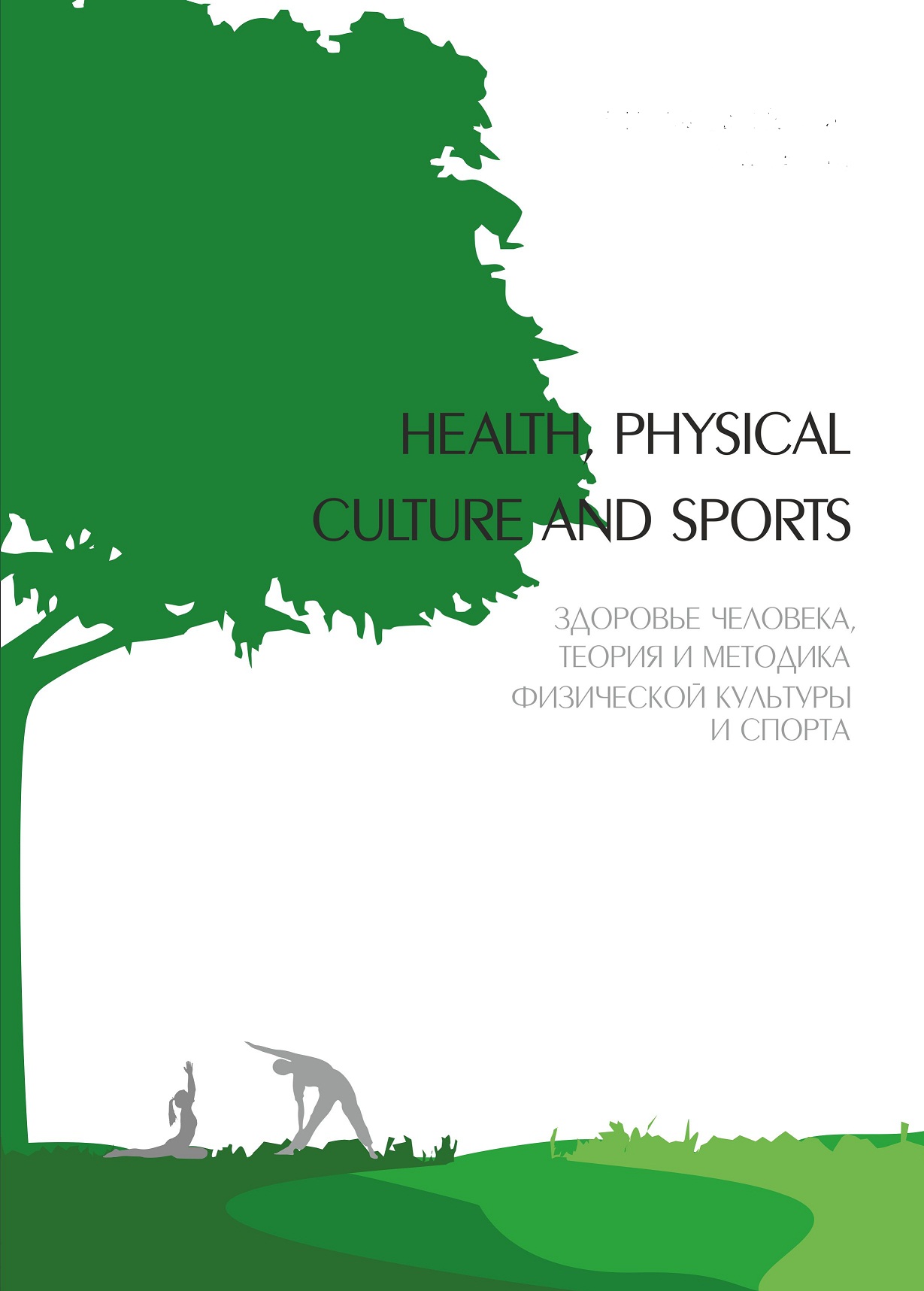LUNGITUDINAL STUDIES OF MENTAL WORKING CAPACITY OF STUDENTS
Abstract
The article discusses the mental performance of 2–3-year students of the geographic department of the Belarusian State University in the lungitual period. The student day is saturated with impressive intellectual and emotional and stressful overloads - all this, without exception, can become a factor of fatigue, which accumulates and becomes mental fatigue.
Any dynamics of efficiency is characterized by a combination of three basic phases: the phases of activation, the phases of stable performance, and the phases of drop in performance. With a typical training period of 7–8 hours (with a lunch break in the middle), the dynamics of working capacity can be represented as follows: the pre-lunch shift period starts from the start-up phase, continues to the sustainable working phase, and ends, respectively, with a decrease in working capacity by the end of the day. The data were obtained through the use of computer testing "Automated system for assessing the level of mental performance", developed by Kulikov V.A. The study was conducted in 2017, 2018 and 2019. Scientifically proven on the phases of health and their daily dynamics. In most people and adolescents, the activity of the physiological systems increases from the moment of the morning awakening and reaches an optimum between 11 and 13 hours, this has been revealed in our research. And then, there should be a drop in activity followed by its relatively less lengthy and pronounced rise in the interval from 16 to 18 hours. Such regular cyclical changes in the activity of physiological systems are reflected in the daily and daily dynamics of mental performance.
The considered data allow us to say that mental habits are influenced by the introduction of harmful habits, stressful situations, and lack of, and excess sleep
Downloads
References
Барсов С. Внутренние часы организма / С. Барсов // Будь здоров. – 2000. – №4. – С.68–72
Жук Э. И. Моторная зрелость, физическая подготовленность и успеваемость младших школьников / Э.И. Жук // Гигиена и санитария.–1980, – №11.–С.8 –12.
Духовно-физическое воспитание личности в образовательном пространстве физической культуры : монография / авт. кол. : О.Е. Афтимичук, Е.Е. Заколодная, В.Н. Мазин и др. ; под общ. ред. Т.Т. Ротерс; Гос. Учрежд., «Луган. нац. Ун-т имени Тараса Шевченко». – Луганск : Изд-во ГУ «ЛНУ имени Тараса Шевченко, 2013. – 388 с.
Ковальзон В.М. Основы сомнологии. Физиология и нейрохимия цикла бодрствование-сон.М.: «Бином, : Лаборатория знаний», 2011. – 100 с.
Савко Э. И. Здоровый образ жизни студенческой молодежи / Э. И. Савко // Здоровье человека, теория и методика физической культуры и спорта. –№ 3(10) (2018) ISSN 2414–0244 Барнаул, 2018 – C 23–42.
Савко, Э. И. Отношение студентов географического факультета к здоровому образу жизни / Э.И. Савко, В.В. Харук, М.Б. Мазуро // Научно-методическое обеспечение физического воспитания и спортивной подготовки студентов вузов [Электронный ресурс] : материалы междунар. науч.-практ. конф., Респ. Беларусь, Минск, 1–2 нояб. 2018 г. / Белорус. гос. ун-т ; редкол.: В. А. Коледа (гл. ред.) [ и др.]. – Минск : БГУ, 2018. – С. 230–235.
Савко, Э. И. Основы здорового образа жизни студентов / Э. И. Савко // Оздоровительная физическая культура молодежи: актуальные проблемы и перспективы : материалы III Междунар. науч. – практ. конф. (Минск , 12 – 13 апр. 2018 г.). / под ред. : Е. С. Ванда. – Минск : БГМУ , 2018: в 2 ч., ч. 1 – С. 285–290.
Симонов П. Познай себя: высшая нервная деятельность человека, его работоспособность и здоровье // Коммунист. – 1986. – №15. – С.74–81.
Смагина А. А. Анализ и изучение факторов, влияющих на умственную работоспособность студентов. А. А. Смагина. Здоровье современного человека: материалы IV межд. студ. науч.- практ. конф (г. Донецк, 20 апреля, 2018 г.) / под ред. Л.А.Деминской; ДИФКС. – Донецк, 2018. –С. 361 –367 с. http://kpfu.ru/staff_files/F495578781/550.pdf [ Интернет-ресурс].
Copyright (c) 2019 Health, physical culture and sports

This work is licensed under a Creative Commons Attribution-NonCommercial 4.0 International License.
An author should not normally publish manuscripts describing essentially the same research in multiple journals or publication venues. Such redundant publication is generally considered to constitute unethical publishing behavior, and if discovered may result in a manuscript under consideration being rejected, or a published article being retracted.
Authors of manuscripts reporting on original research should present an accurate account of the work performed, accompanied by an objective discussion of its significance. Underlying data should be represented accurately in the manuscript. The manuscript should contain sufficient detail and references to permit others to replicate the work. The fabrication of results and the making of fraudulent or knowingly inaccurate statements constitute unethical behavior and may be cause for rejection or retraction of a manuscript or published article.





